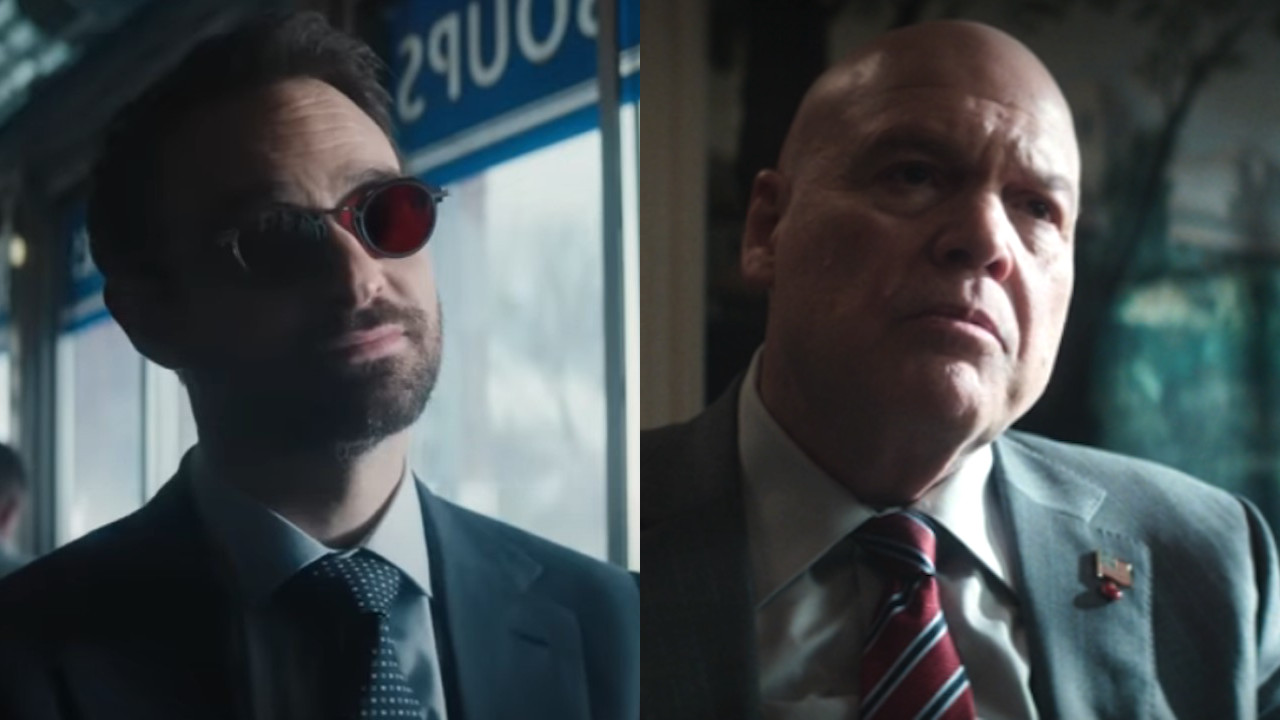Shadow Of Mordor Review Contract Causes Ruckus In The Gaming Industry

Your Daily Blend of Entertainment News
You are now subscribed
Your newsletter sign-up was successful
There has been a lot of controversy surrounding review contracts for Middle-Earth: Shadow of Mordor. The game recently released on September 30th, but it turns out that any review that was published before September 30th may have been subject to a brand deal contract that required the reviewer to carry out specific tasks in the review if the outlet wanted to get their hands on a pre-release copy of the game.
For those that don't know, pre-release review copies enables outlets to get hands-on time with a game before competing websites, YouTube channels or podcasts. Pre-release review copies also ensure that the review itself can go up before or on the day the game comes out. Being first can sometimes result in a huge boon of views/clicks/listens. However, being first can also come with a price.
Things kicked off when Tweets from John Bain (better known as TotalBiscuit) basically saw him whistleblowing on a brand contract deal for a pre-release review copy of Middle-Earth: Shadow of Mordor, the recent RPG from Monolith Studios and Warner Bros. Interactive Entertainment, as noted in an article by GameZone.

Steve Williams, known as Boogie2988 on YouTube and Twitter, also came forward about the deal, where Forbes captured quotes from the YouTube personality stating the following...
“Just a quick note about these paid promos. Yes I signed a contract that said if I created the video I couldn’t talk about the downsides. But that’s not all there is to it.“I also negotiate an ‘out’ for these types of contracts. The ones that I sign give me an option to back out of the deal at any time. Now sometimes this means that I will have to pay them some amount of money to be able to do so,”
Following the XB1M13 debacle, YouTubers must also disclose paid promotional deals according to the amended FTC guidelines. However, not all review contracts are necessarily paid endorsements – unless the paid brand deals actually includes an exchange of funds – and fall into a gray area of disclosure.
Nevertheless, Jim Sterling did a Jimquisition about the whole ordeal, breaking down some of the points of the contract and the media firm involved. You can check out the video below that goes into detail regarding the contract, the review demarcations, and content restrictions, courtesy of The Escapist.
For those of you who are unable to watch the video at the moment, the short gist of it is that a PR firm called Plaid Social Labs was responsible for handling the brand contracts for reviewers who wanted to get their hands on a pre-release copy of Shadow of Mordor. However, before the review copies were sent out, reviewers had to sign a contract and adhere to a set of stipulations.
Your Daily Blend of Entertainment News
MCV UK published a list of the stipulations from the contract in a brief write-up on the situation, noting the following...
Maximise awareness for the game during the ‘week of vengeance’Persuade viewers to purchase gameNot show bugs or glitches that may existDiscuss the storyInclude discussion of the Nemesis system – “this really should take up the bulk of the focus, such as how different the orcs are, how vivid their personalises are” etc.
Allegedly Warner Bros., could content ID claim any review of Shadow of Mordor that went up before the embargo date, even if the reviewer didn't sign the contract or accept the brand deal.
I decided to reach out to Warner Bros., Interactive Entertainment to find out if the allegations were true. I contacted three different representatives for the company but have not received a response back from any of them at the time of this article's publishing.
Additionally, I decided to reach out to Plaid Social Labs to see if the brand contract was the way that Jim Sterling, Steve Williams and John Bain described. I managed to get in contact with a representative for the company named Abby, but before I could ask any questions beyond bringing up the brand deal contract for Shadow of Mordor, I was told...
“I’m sorry, I’m not allowed to talk about that.”
I decided to contact YouTubers and other media websites that managed to post their reviews up on September 30th or before the release date of the game, to confirm if the contract was as nefarious as depicted in the Jimquisition video. However, regarding the YouTubers, I only received one response and it was from a channel called Angry Centaur Gaming.
ACG's Jeremy Penter commented about brand deals in general stating...
“ACG never signs anything whatsoever for game coverage and never will. If that means not getting the game early that is 100% fine with me as the main content creator.”“[...] it infuriates me that not only publishers ask for this but that anyone in their right mind would sign something that even hinted at adjusting or modifying a review. I find it close enough to seller fraud to make me cringe.”
Penter did mention that he is fine with signing an NDA for an embargo date and adhering to not publishing anything before that date, which is common practice for just about any review copy, whether it be in the gaming industry, music or the movie business.
I also reached out to traditional media outlets, who also published their reviews before the September 30th release date for Shadow of Mordor, including GamesRadar, Polygon and IGN. At the time of the publishing of this article, I received no response from GamesRadar or Polygon.
I did manage to get in contact with IGN editor Mitch Dyer regarding the brand contract deal. Dyer stated the following...
“I honestly have no idea what you're referencing, what Plaid Social is, or anything about any promotional contract relating to Shadow of Mordor or any other video game. Sorry I couldn't be more help, but I'm unaware of such matters at all. Be sure not to waste your energies contacting me about them in the future.”
Of course, this issue is something that may have been common knowledge of those who have control over the site-wide ethics policies regarding review and preview copies of the game. Hence, I reached out to IGN's executive reviews editor, Dan Stapleton, to see if he would be willing to discuss the matter and shed some light on whether or not IGN was involved with the brand contracts, however, he simply mentioned...
"You've made it very clear what you think of me and everyone in my profession. I have no interest in talking to you.”
Due to the issue gaining some widespread notoriety and getting many gamers up in arms about potentially fraudulent reviews that required reviewers or content creators to sign away their rights to an honest opinion, some studios have apparently amended their policies. Steve Williams gave the community this sign of hope regarding future brand deals for review copies.
As mentioned, I've already reached out to Warner Bros., Interactive Entertainment for comment; Erik Kain from Forbes and Ben Parfitt from MCV have also reached out for comment. I cannot confirm if there have been wide "sweeping changes" to brand deals, but if I receive a response I'll update the article.
Update: Following the publication of this article, executive reviews editor Dan Stapleton provided an updated quote in regards to IGN accepting review contracts for brand deals, stating...
"No, absolutely not. There are never any strings attached to any of our reviews."
Update #2: Following the publication of this article, Polygon's editor-in-chief Chris Grant also offered a quote regarding Polygon's stance on "brand deal" contracts for review copies, stating...
"We have never have dealt with Plaid Social in this, or any other, circumstance. As such, we were not aware of any "brand deal" related to coverage of the game. " ... "Their site says they're an "ad agency" focused on YouTube — we have an advertising team at Vox Media and, per our ethics statement, "We do not accept money or other consideration from companies as a condition or incentive to write a review or story, whether favorable or unfavorable, on Polygon.""In the case of Mordor, we worked with 47, a third-party PR company employed by Warner Bros., in order to acquire a pre-release copy of Middle-Earth: Shadow of Mordor for review. As stated in our ethics policy, we don't discuss review scores with publishers or developers prior to the review being published and would not sign an embargo demanding that a publisher see our review text prior to it being published."
Staff Writer at CinemaBlend.

